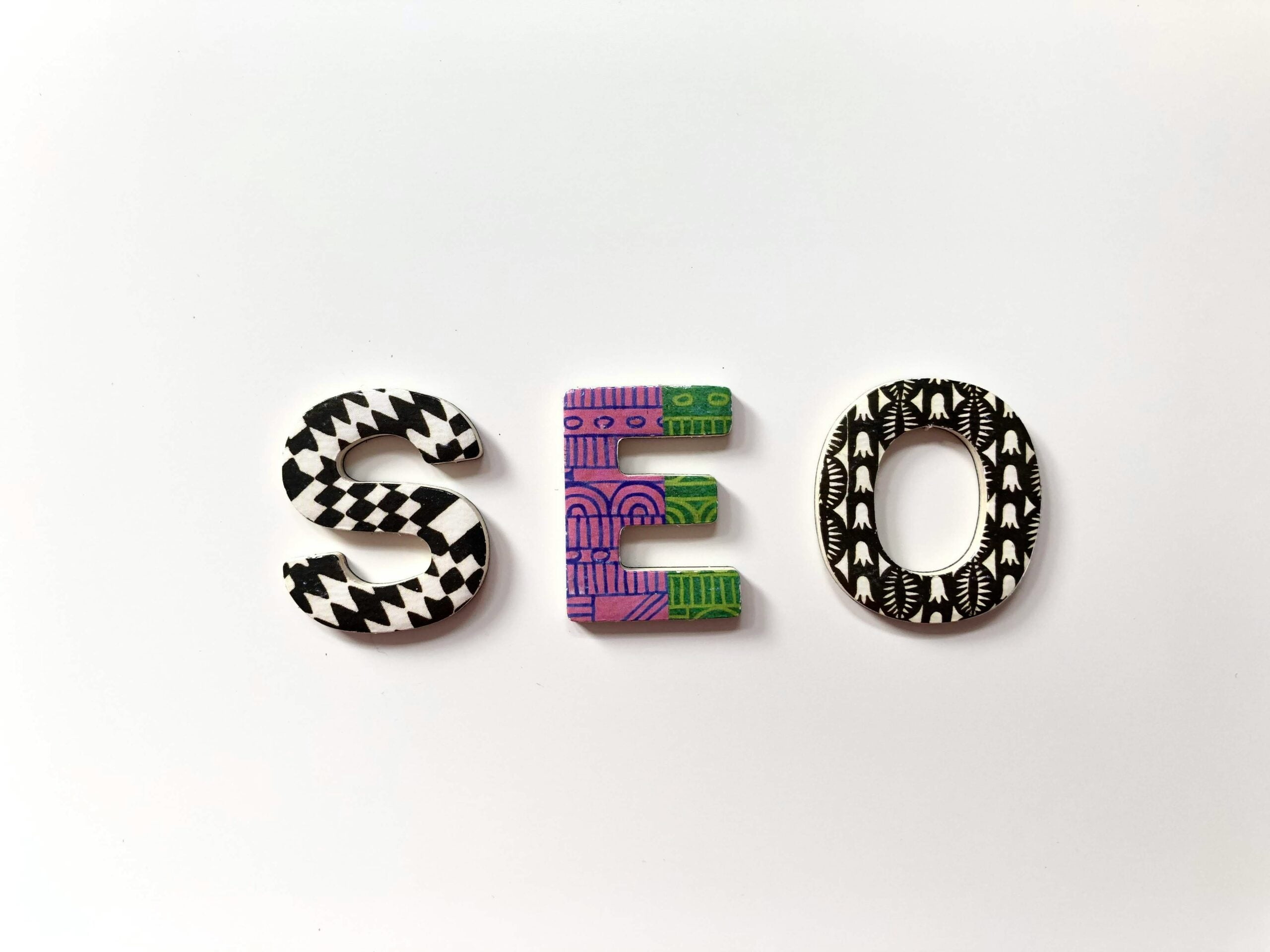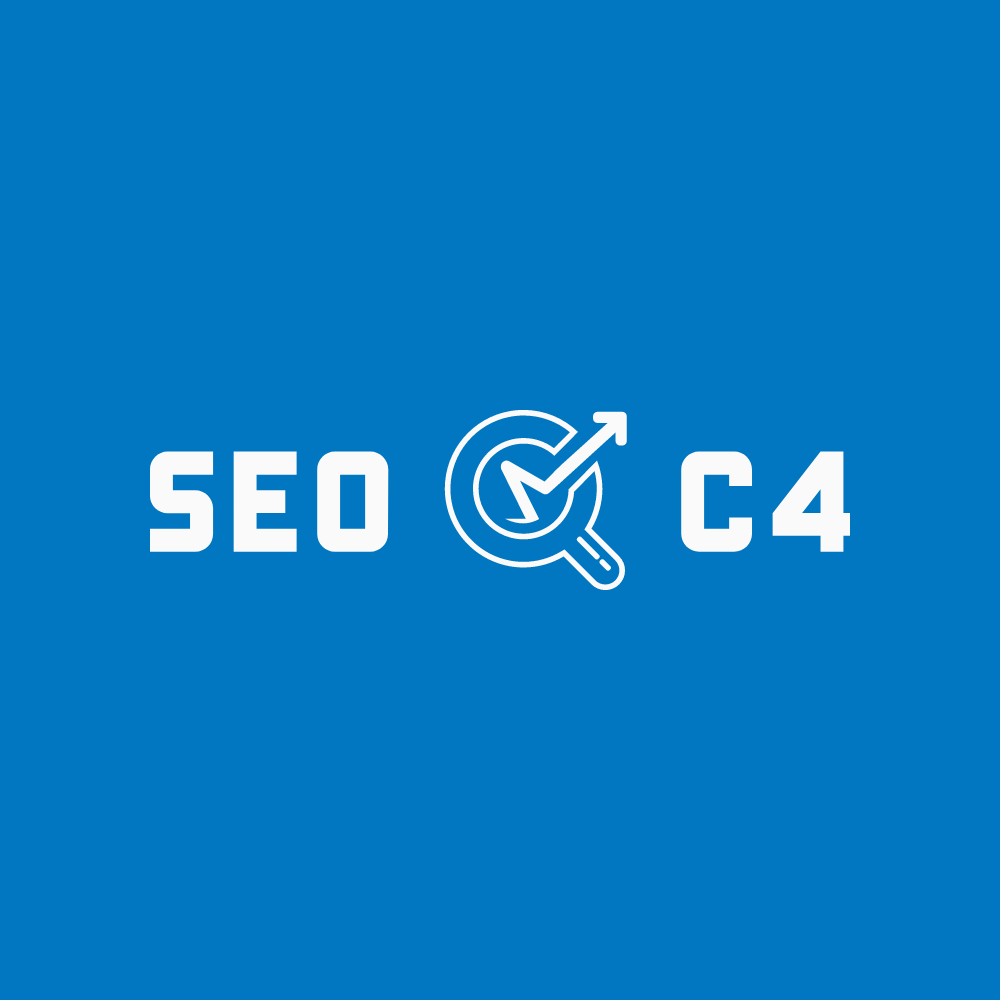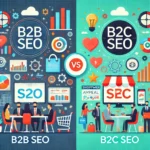
Search Engine Optimization (SEO) and Google AdWords (now known as Google Ads) are two powerful digital marketing strategies that can work together to maximize online visibility, increase website traffic, and drive conversions. While they are separate tactics, when used in conjunction, they can create a synergistic effect that enhances overall marketing efforts. In this article, we will explore how SEO and AdWords work together, provide examples, answer frequently asked questions, and present some interesting facts.
How SEO and AdWords Complement Each Other
1. Increased Visibility: SEO focuses on optimizing a website’s organic search rankings, while AdWords allows you to appear at the top of search engine results pages (SERPs) through paid advertising. By utilizing both strategies, you can increase your visibility and occupy more real estate on the SERPs, increasing the likelihood of attracting clicks.
2. Keyword Research: SEO and AdWords both rely on keyword research to identify relevant search terms. By analyzing search volume, competition, and user intent, you can develop a comprehensive keyword strategy that aligns with both SEO and AdWords campaigns. This synergy ensures that you are targeting the right keywords across all channels.
3. Data Sharing: SEO and AdWords provide valuable data that can be shared and utilized to improve overall marketing performance. For example, AdWords data can help identify high-converting keywords that can be incorporated into SEO strategies. SEO data, such as organic search rankings and click-through rates, can inform AdWords campaigns and ad copy optimization.
Examples of SEO and AdWords Working Together
1. Brand Visibility: A company that wants to increase its brand visibility may use SEO to optimize its website for relevant keywords and create informative blog content. Simultaneously, they can run AdWords campaigns targeting those same keywords to ensure their brand appears at the top of the SERPs, increasing brand exposure.
2. Product Launch: When launching a new product or service, a business can leverage AdWords to quickly generate traffic and conversions. At the same time, they can optimize their website’s landing pages and product descriptions using SEO best practices to ensure long-term organic visibility and sustained traffic.
Frequently Asked Questions (FAQs)
Q: Can AdWords improve SEO rankings?
A: AdWords does not directly impact SEO rankings. However, it can indirectly improve SEO performance by driving more traffic to your website, increasing brand visibility, and potentially attracting backlinks from authoritative websites.
Q: How long does it take to see results from SEO?
A: SEO is a long-term strategy that requires patience. It typically takes several months to see significant improvements in organic rankings and traffic. AdWords, on the other hand, can provide immediate visibility and results.
Q: Should I invest more in SEO or AdWords?
A: The ideal approach is to invest in both SEO and AdWords. SEO provides long-term sustainability and organic visibility, while AdWords offers immediate visibility and targeted traffic. A balanced investment in both strategies can yield the best results.
Interesting Facts
1. According to a study by Google, businesses that use both SEO and AdWords together experience a 25% higher click-through rate compared to using AdWords alone.
2. SEO leads have a 14.6% close rate, while outbound leads (such as direct mail or print advertising) have a 1.7% close rate. (Source: Search Engine Journal)
3. AdWords campaigns can be highly targeted, allowing businesses to reach specific demographics, locations, and interests, maximizing the chances of reaching the right audience.
4. SEO is a cost-effective strategy in the long run, as organic traffic does not require ongoing ad spend like AdWords campaigns.
By combining the strengths of SEO and AdWords, businesses can achieve a comprehensive digital marketing strategy that drives sustainable organic growth while also providing immediate visibility and results through paid advertising.
Remember, it’s important to continuously monitor and optimize both SEO and AdWords campaigns to maximize their effectiveness and ensure they are aligned with your overall marketing goals.




